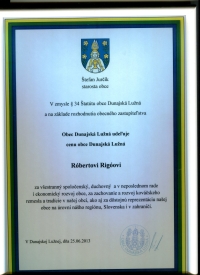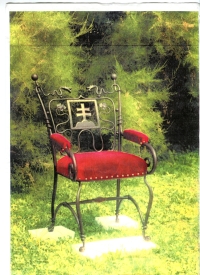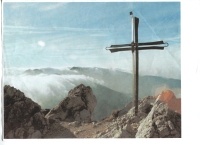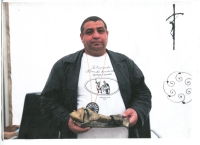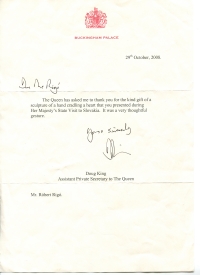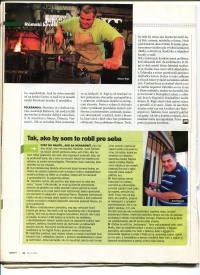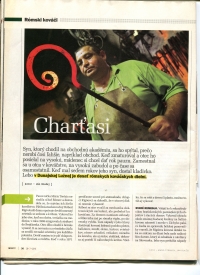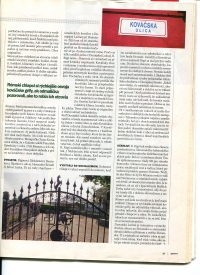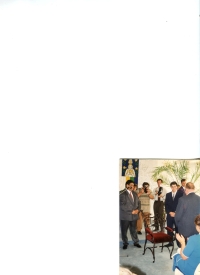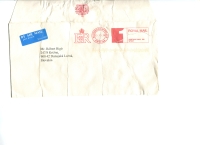„Blacksmithing is inherited from generation to generation ... in the Nové Košariská section, this craft has a history of more than 550 years.“
Róbert Rigó, was born on May 8, 1953 in Nové Košariská. The village was known for its diversity, as it was coexisted by Germans, Hungarians and Roma, and even more so, in very peaceful conditions. The witness of history is of roma origin and comes from a blacksmith‘s family, thanks to which he learned a lot of hard work. His parents, František and Anna, had seven children, Róbert was born as the fifth child. In addition to the brothers, he had two sisters, which means that they had so much fun. There was never a shortage of work in the family. As for education, he graduated from elementary school in Nové Košariská. As a small child, he was a spark and did not miss the role of a pioneer. The year 1968 followed, and with it the choice of high school. At first, Róbert wanted to go to Vsetín, Czech Republic, to visit his sister, but there was an injury during football, so he stayed at home. He started attending Tesla, school in Bratislava, department of electronic equipment mechanics. He considers high school... to be a very pleasantly spent three years of his life, and he was one of the best students. In the end, all the Rigó brothers were united by an unfortunate event, the death of their father František in a car accident. So in 1971, at least the older brothers, including Róbert, decided to unite and continue their father‘s blacksmith shop. He left Tesla and began to devote himself fully to the craft. In time, he created merited half-year smithing courses. He decided for them because of the declining interest in this craft, but also because of the inactivity of young boys who did nothing after school. Thus, his activity gave rise to the focus of a blacksmith locksmith, while in the end the boys obtained a welding license. He raised more than fifty blacksmiths. He met his wife in his hometown, where they grew up together. They were never interested in emigrating, as the craft did well at home and at the same time acquired land for the construction of their dream house. In 1977 they had a son and two years later a daughter. He considers the representation of blacksmithing to be a great recognition in his work during the visit of the British Queen Elizabeth II to Slovakia in 2008. Together with his son, they made a forged children‘s hand with the heart on hand, in a wooden chest. At present, Róbert‘s son has taken over the management of the company and Róbert is chairing the Smith Association of Dunajská Lužná workshops.
